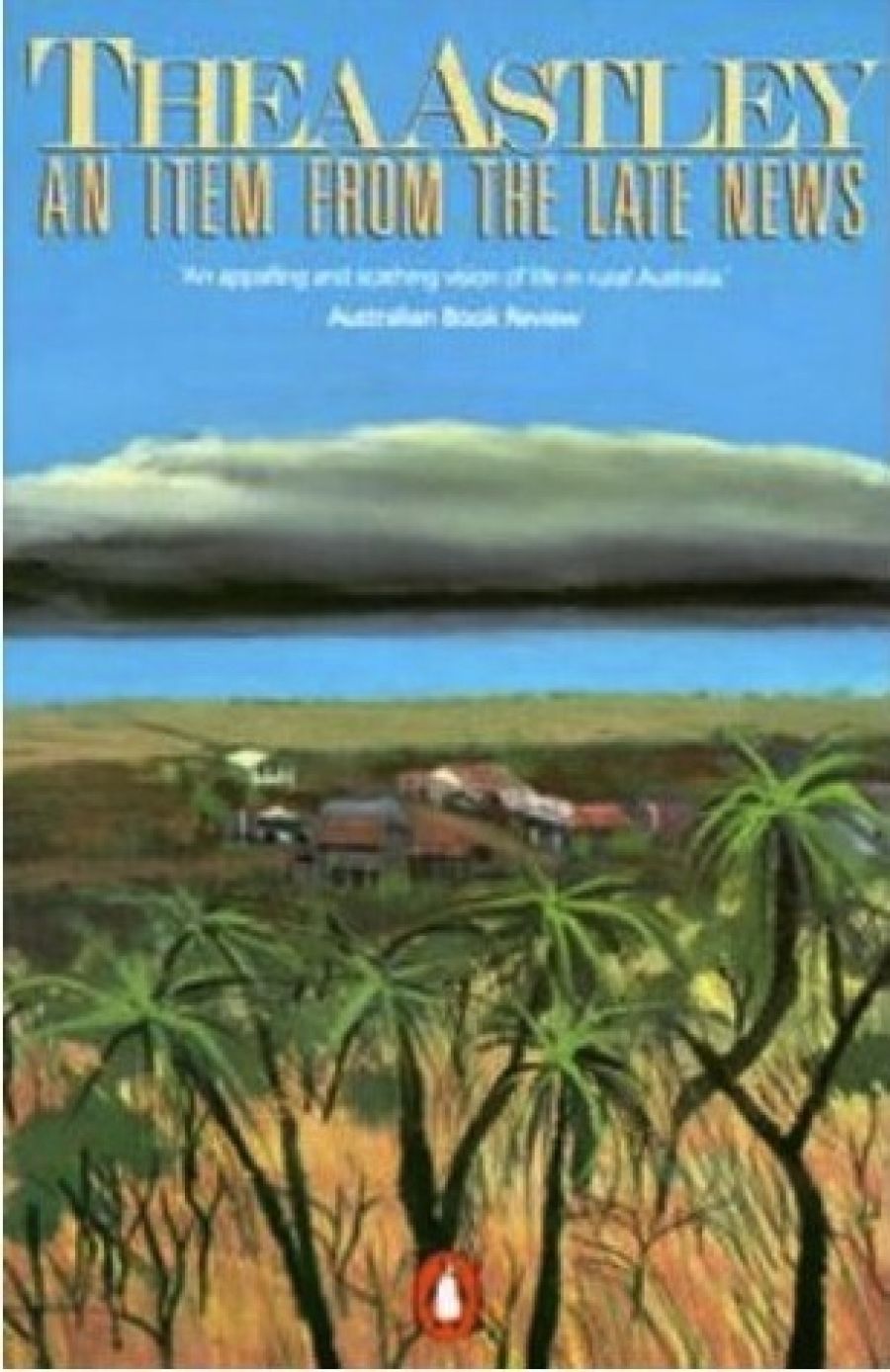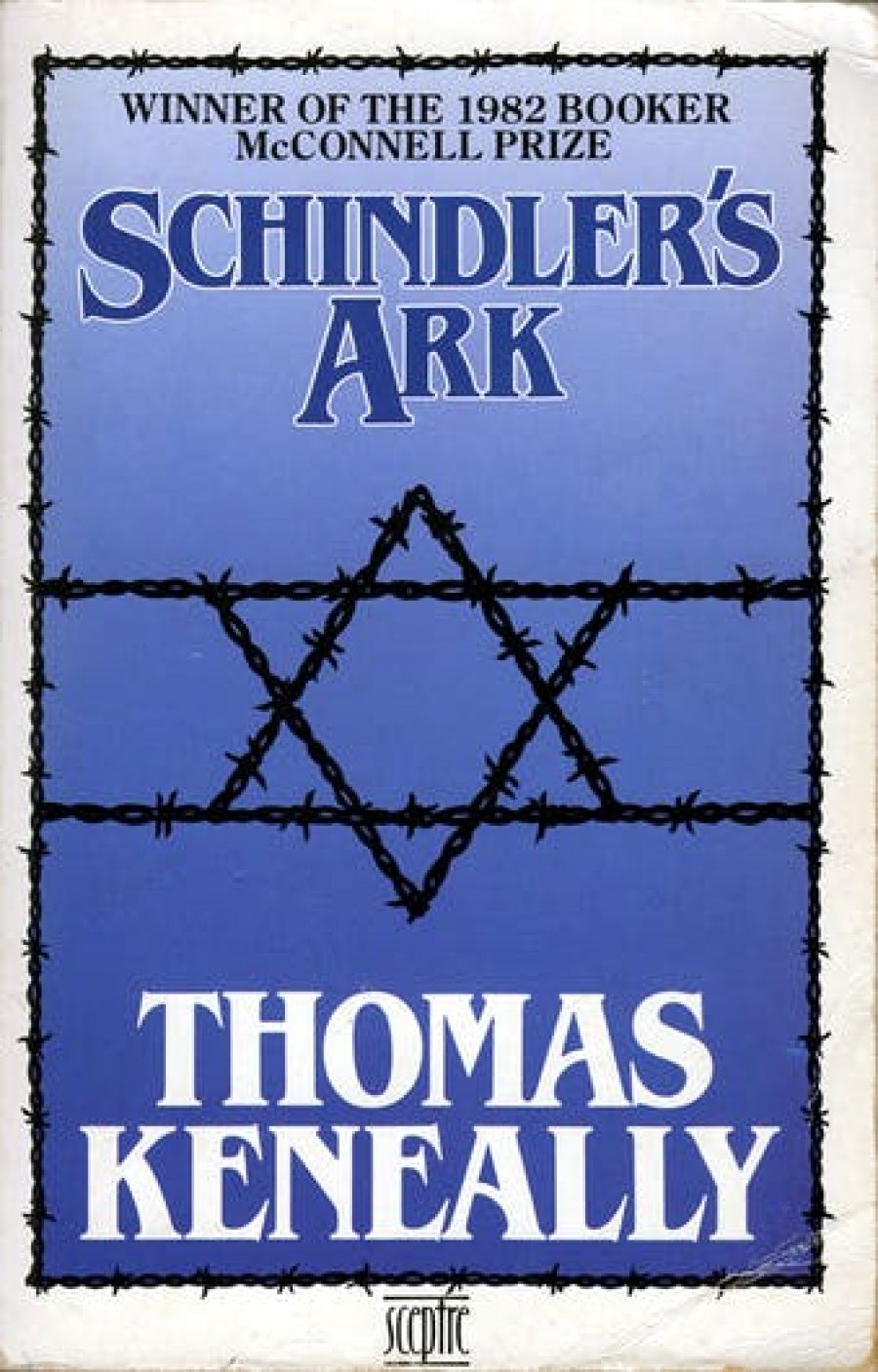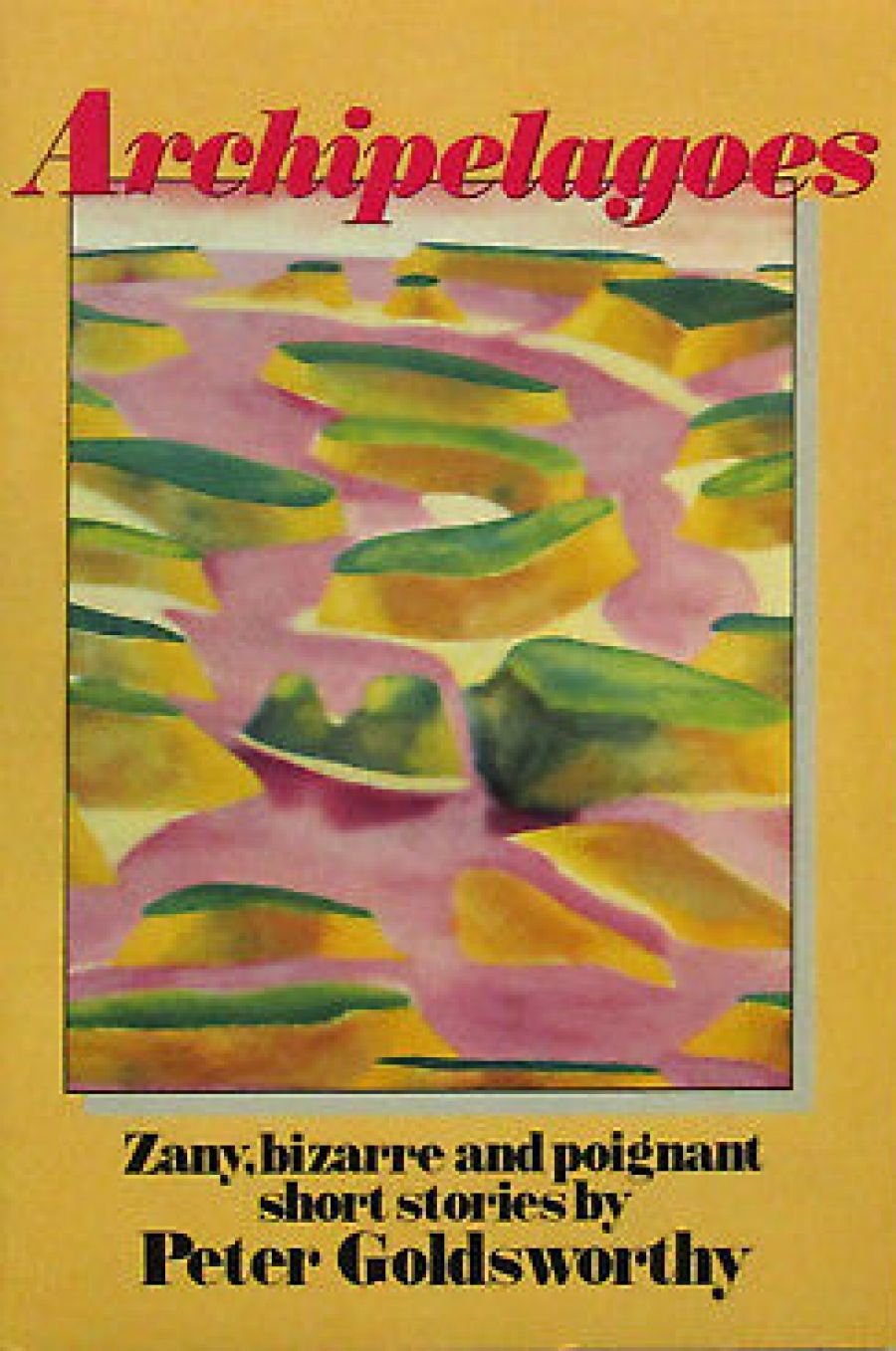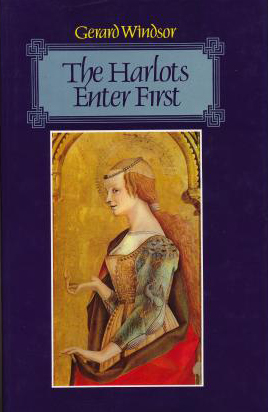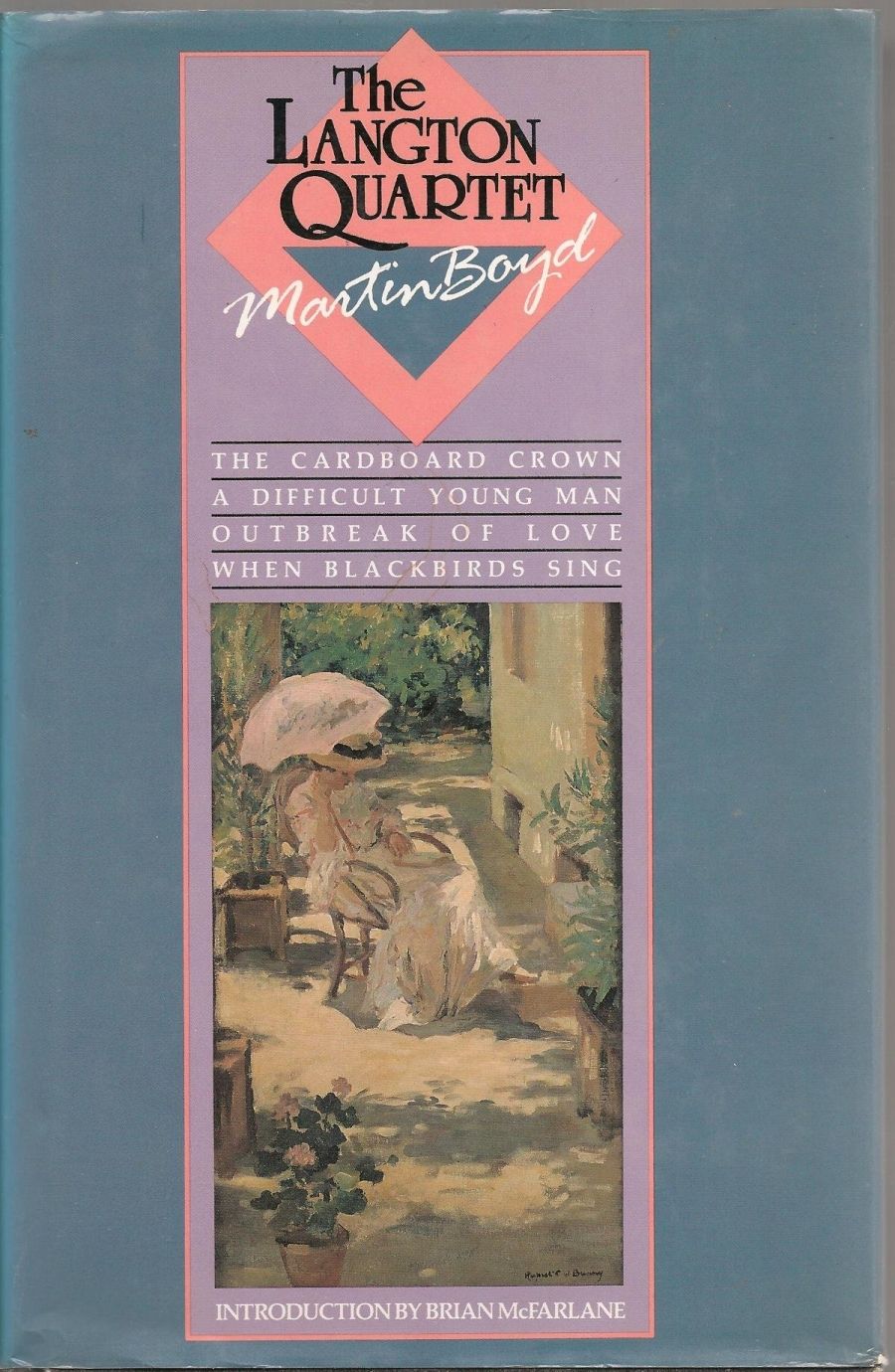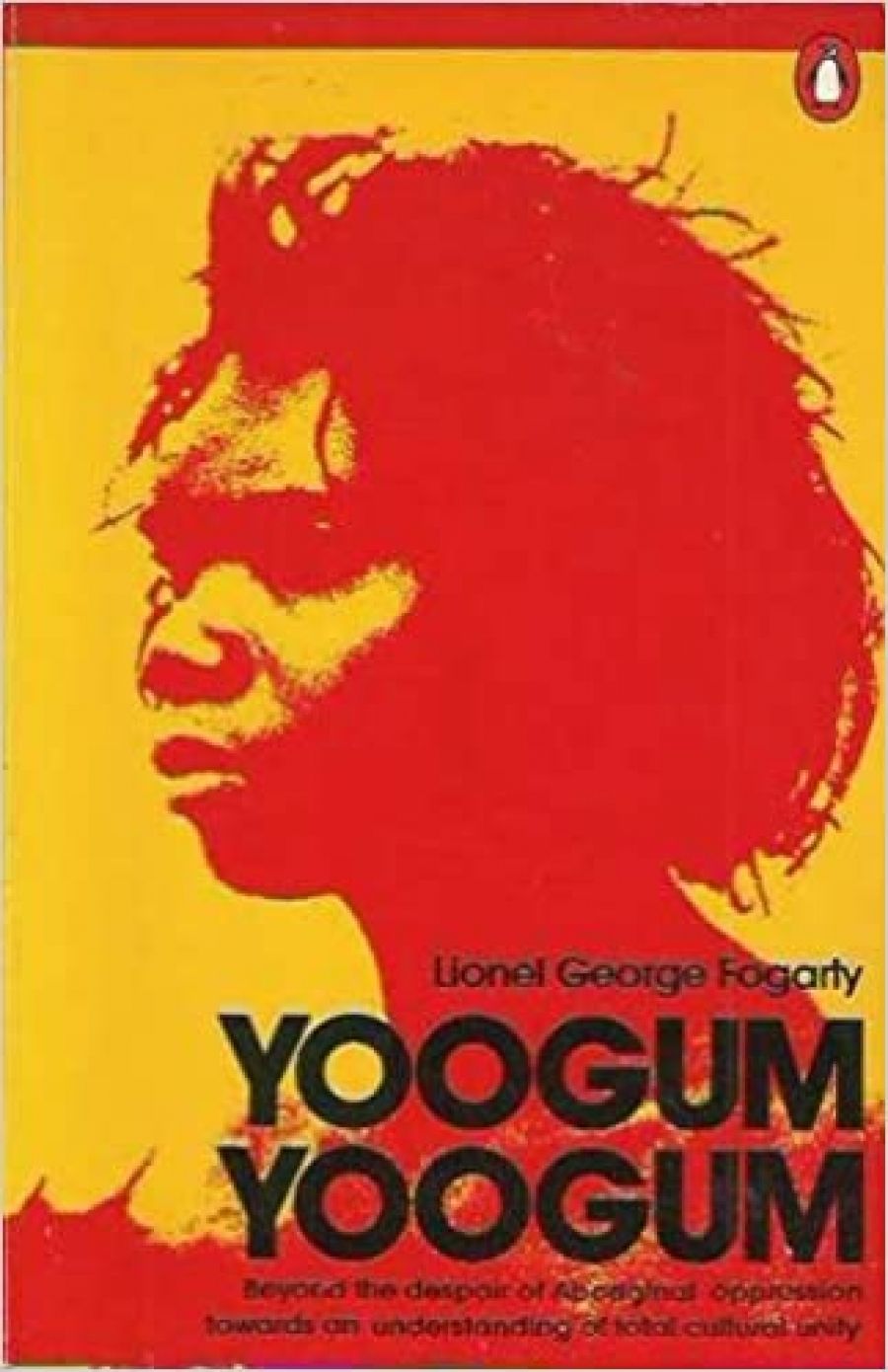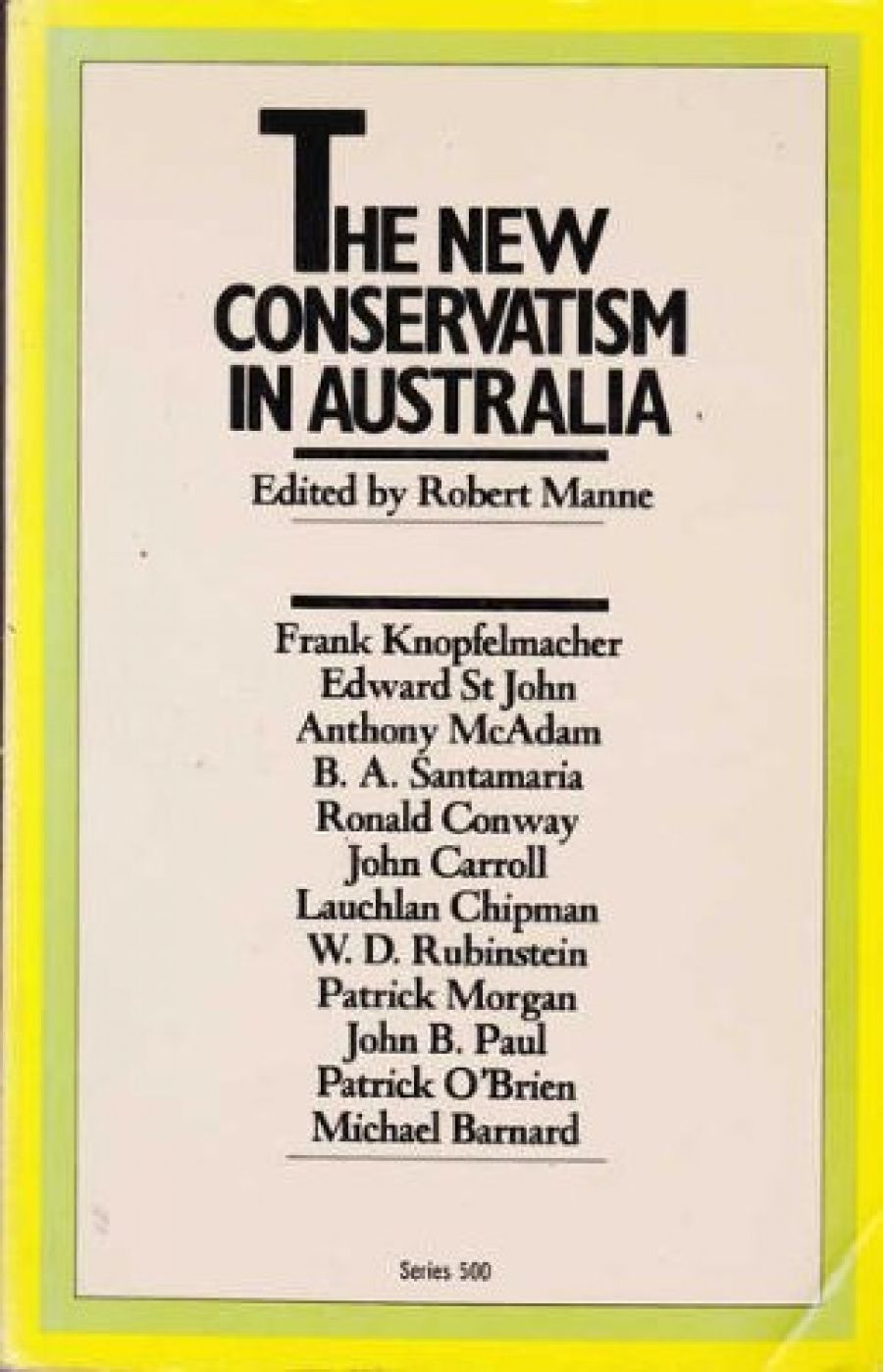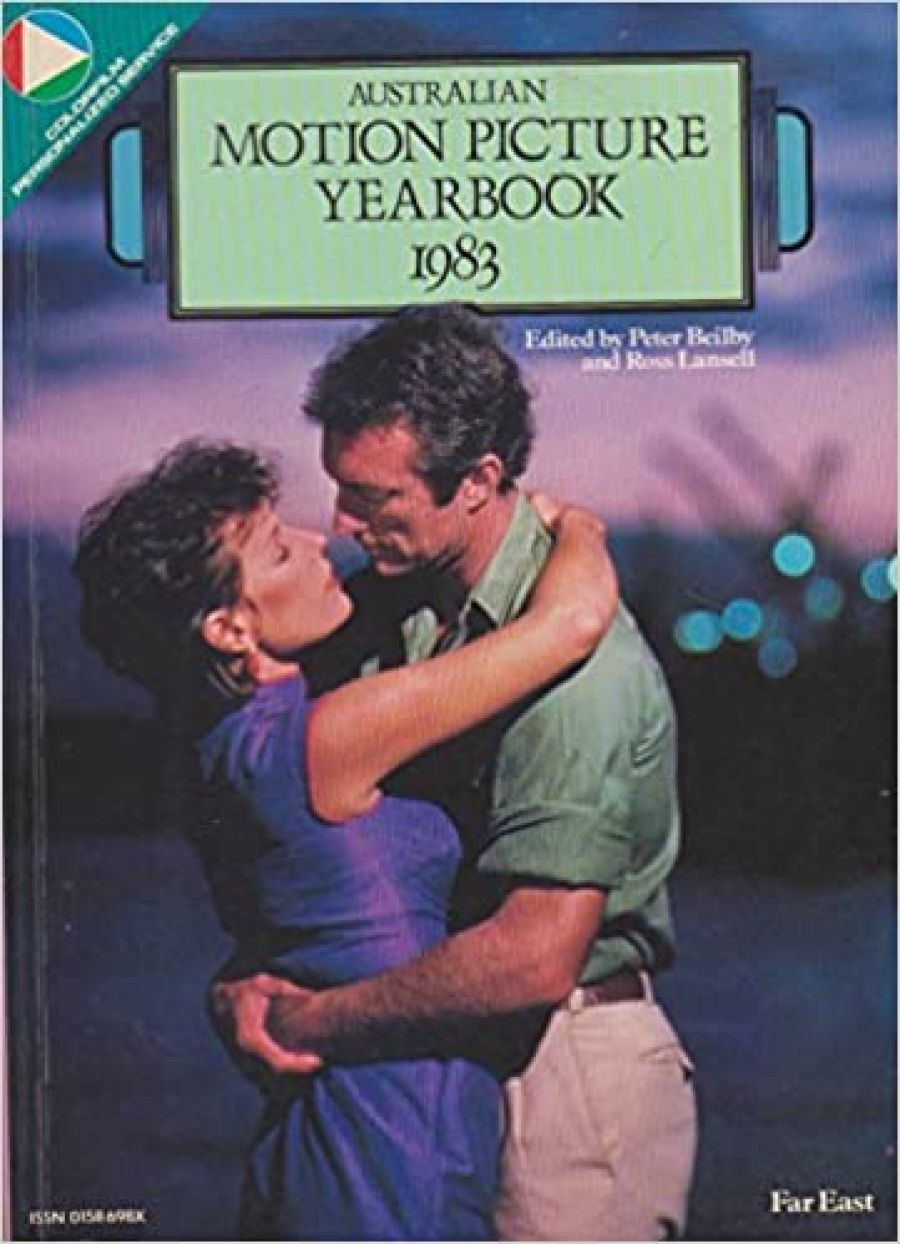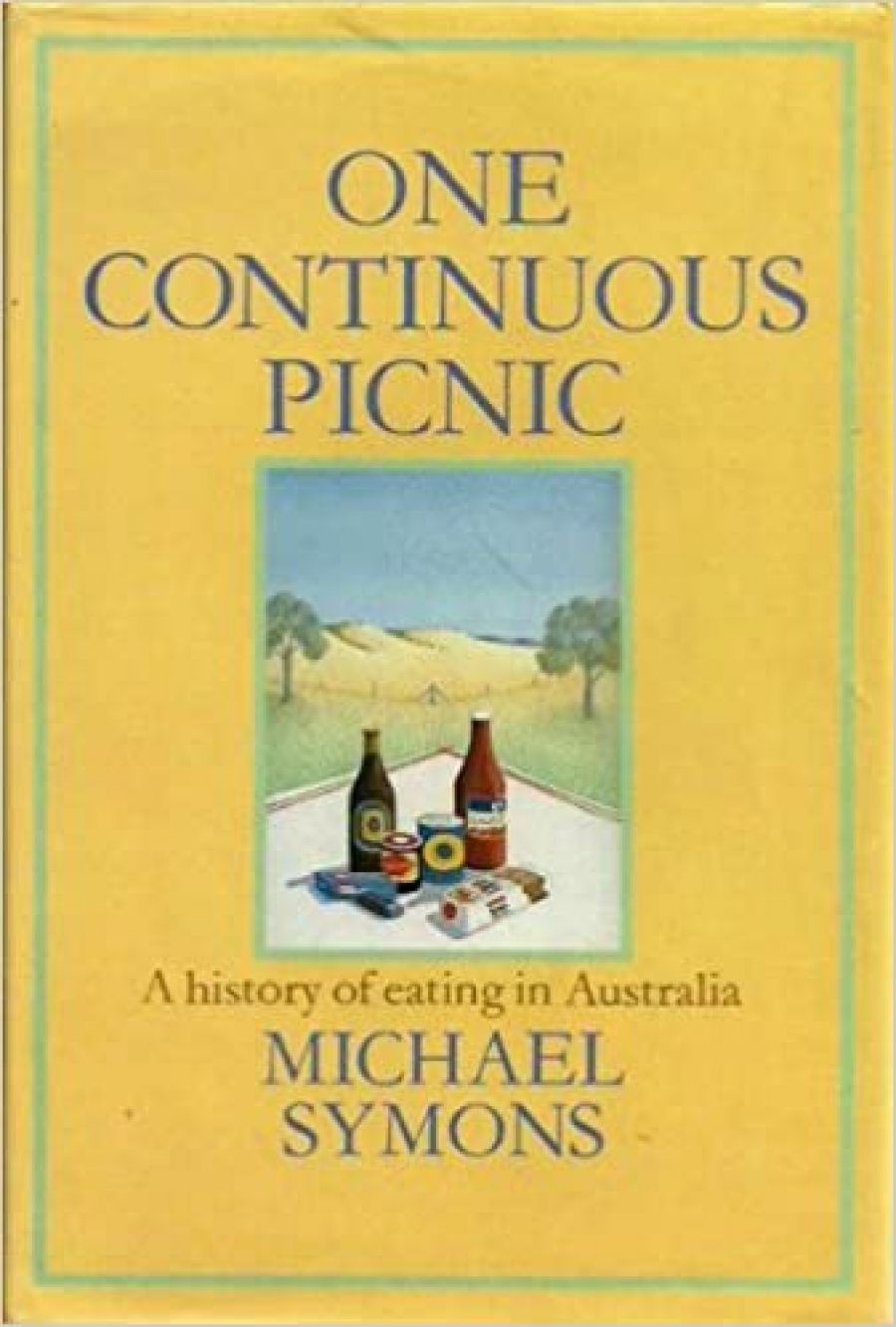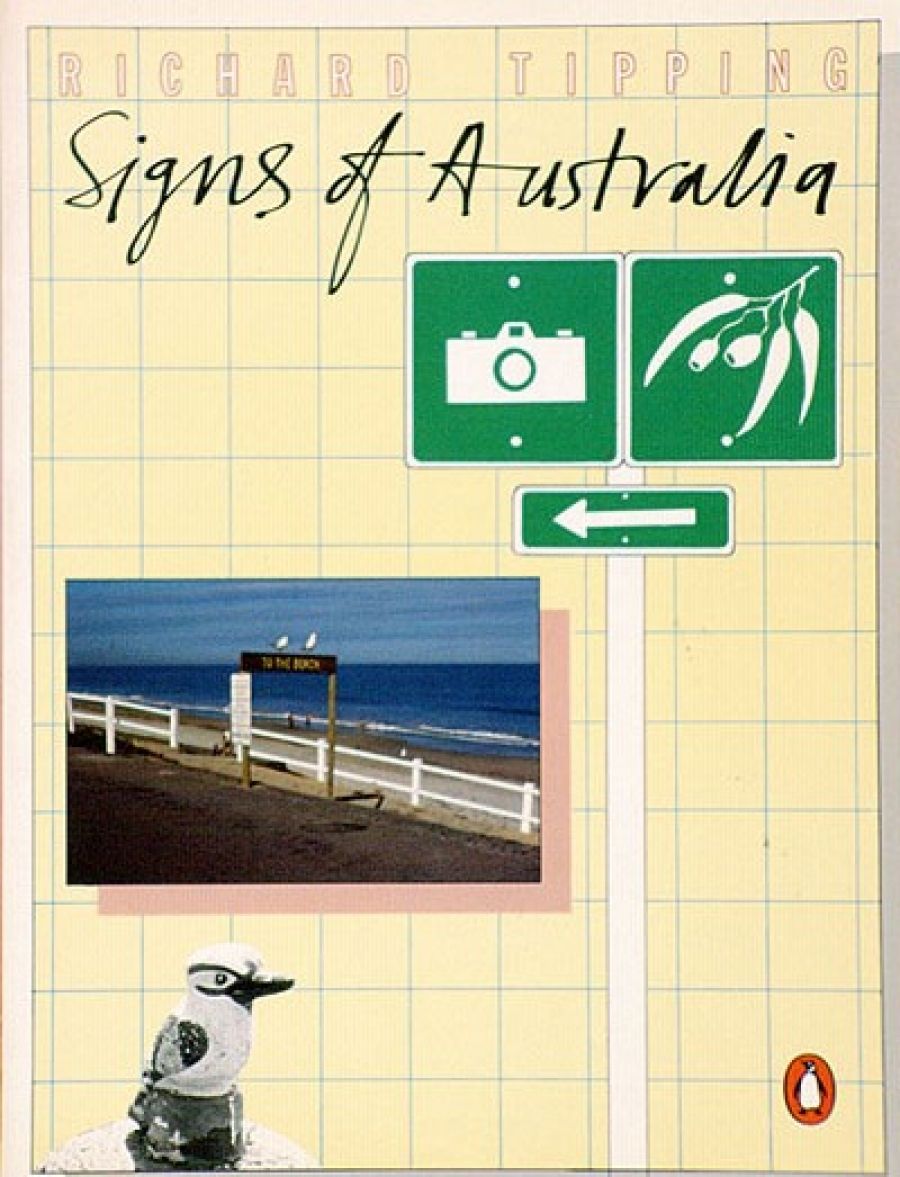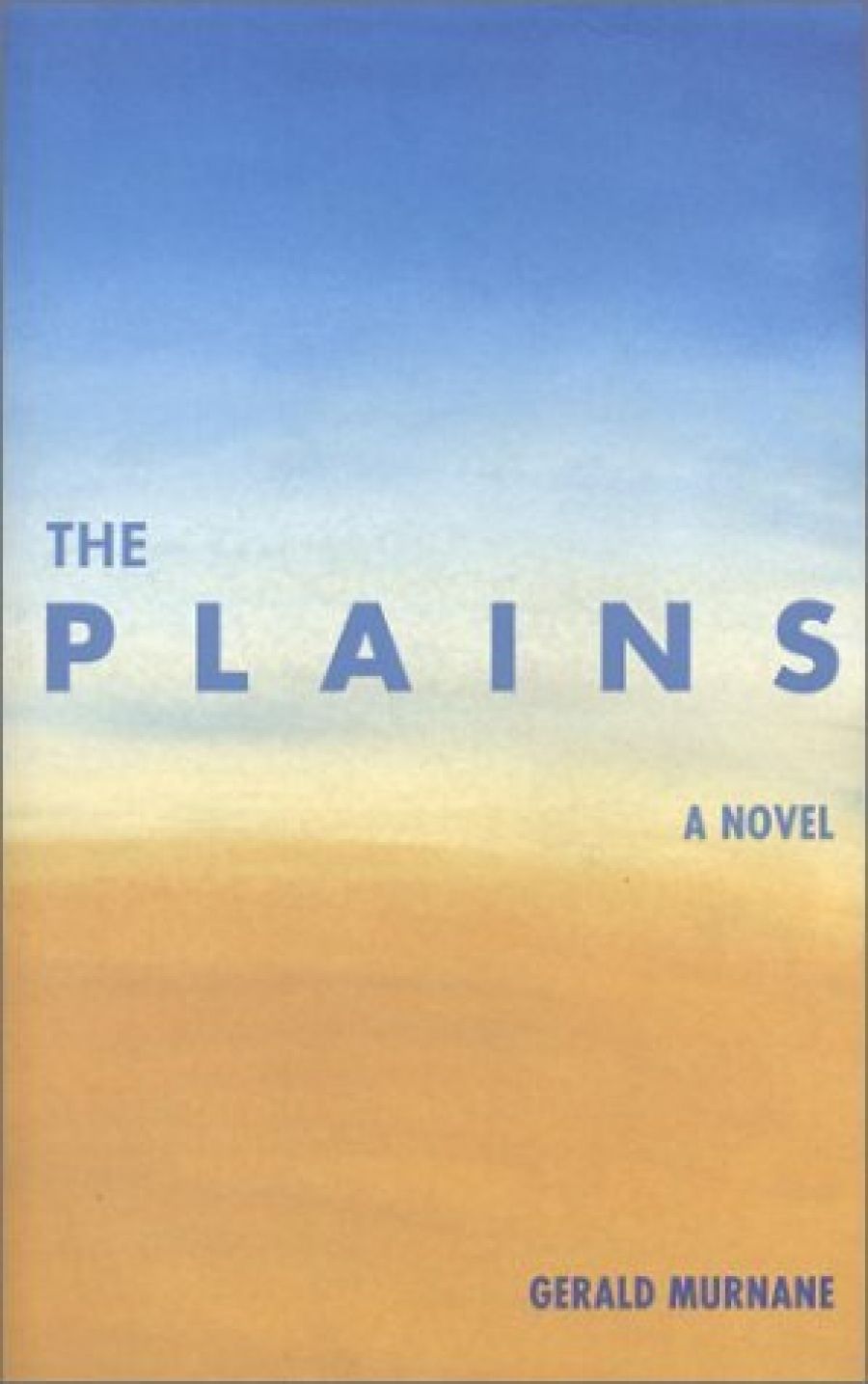
- Free Article: No
- Contents Category: Fiction
- Review Article: Yes
- Online Only: No
- Custom Highlight Text:
The Plains is a book for the critic, not the mere reviewer. It is a strange creature, to be approached with care. Several omens made me cautious. My review copy reached me three months after the date of posting.
- Book 1 Title: The Plains
- Book 1 Biblio: Norstrilia Press, 126 pp, $4.95 pb
The Plains is a book for the critic, not the mere reviewer. It is a strange creature, to be approached with care.
Several omens made me cautious. My review copy reached me three months after the date of posting. It was not in mint condition. In fact, the advanced state of spinal curvature is but a bagatelle to the numerous textual annotations and underlinings. There are apparently some gremlins in Australia Post determined to regulate the vagaries of our national reviewing. Most assiduously, during my trek, I closed my eyes to their signposts. Then I found myself dallying with the novel in an eating-house. A gentleman opposite asked if what I was reading had come from Israel. I took his point. Upside down, as well as right side up, the blue cover lettering might well pass for Hebrew. The cover is an abomination. Other people may have thought so too, for the book (first edition, first printing) is also sold in a different, brown dust jacket. A friend acquired a copy and was delighted to find he had scored two dust jackets, the brown and the blue.
Read more: Gerard Windsor reviews 'The Plains' by Gerald Murnane
Write comment (1 Comment)

